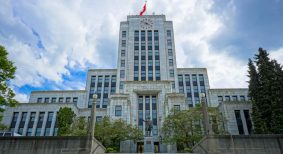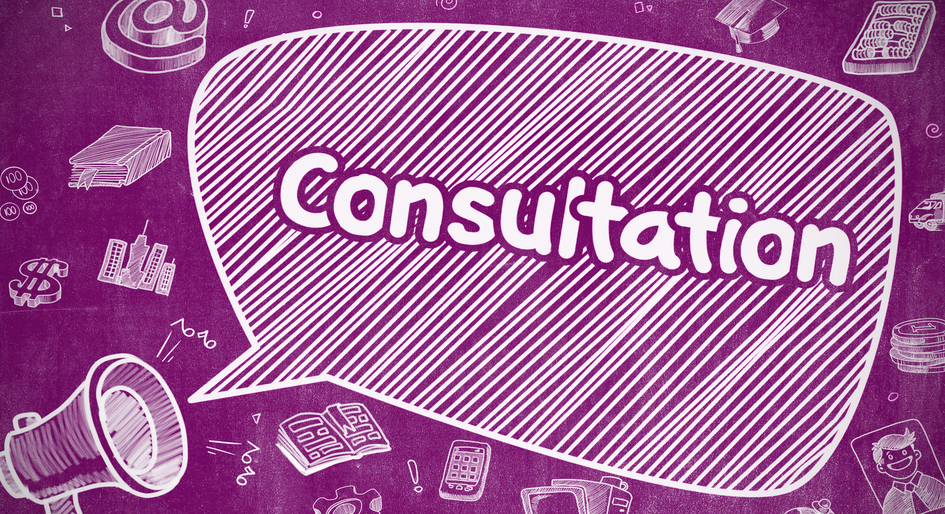Indigenous input improves infrastructure project outcomes, a leading energy industry promoter advises. Speaking to American counterparts last week, Jacob Irving, president and chief executive officer of the Energy Council of Canada, noted that many project proponents are still grappling with the concept of “social licence” and what a consultation process should entail, but that it’s accepted as a required step in a democratic society.
“That’s the way it is in 2024, and I think it has taught us to be better at it,” he told attendees at the U.S. Energy Association’s annual forum in Washington, D.C. “There was a day in Canada where we did energy to people as opposed to doing it for them or with them. It was: ‘I’ve got my permit; move out of the way.’ Indigenous people have been gracious enough to teach us how to do energy better.”
The vastness of Canada’s geography also adds to the challenges of linear infrastructure projects, such as pipelines and high-voltage power lines, that connect energy sources to consumers. The populations at either end are often the main beneficiaries, while those along the way may view it more in terms of risks and disruptions. Irving theorized that’s where the approvals process is most likely to flounder.
“No matter how virtuous it may or may not seem, every form of energy has an opponent,” he observed. “Many of them have learned that the best way to frustrate development is along that linear infrastructure between A and B. That’s tricky in democracies like ours.”
On the flipside, he emphasized that the uncertainties inherent in the democratic process are also central to Canada’s status as a credible, responsible energy exporter. As well, Canada’s comparatively clean electricity supply — approximately 80 per cent generated from non-emitting sources — makes it attractive to American importers looking to cut their scope 2, indirect greenhouse gas emissions, while British Columbia burgeoning liquified natural gas (LNG) industry can boast the “cleanest LNG in the world” because it is produced with hydroelectric power.
“We are trying to work toward reconciliation with our Indigenous people and we’re actually trying to do it through energy development. Our democracy holds us to account. We have to produce energy in ways that our people want it to be produced,” Irving said. “We are the opposite of Russia. We don’t use our energy as a foreign policy instrument. We use it for commerce.”










